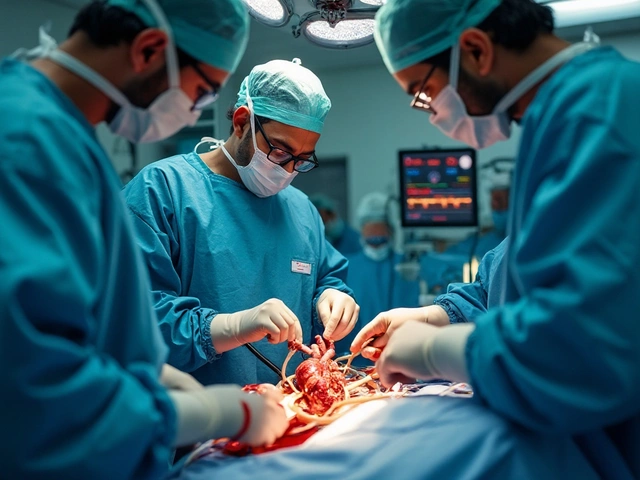Heart Transplant Recovery: What to Expect and How to Stay Strong
When your body gets a new heart, the surgery is just the beginning. Heart transplant recovery, the process of healing and adapting after a heart transplant. Also known as cardiac transplant rehab, it’s not about getting back to normal—it’s about building a new normal. This isn’t a quick fix. It’s a long-term commitment that involves daily meds, regular checkups, and learning to listen to your body in ways you never had to before.
Right after surgery, you’ll spend days in the ICU, then weeks in the hospital. Your new heart might beat differently. You might feel tired for months. That’s normal. But the biggest threat isn’t pain—it’s rejection, when your immune system attacks the new heart. That’s why you’ll take immunosuppressants every single day, for life. These drugs stop your body from fighting the transplant, but they also make you more vulnerable to infections. You’ll learn to wash your hands constantly, avoid crowds during flu season, and recognize early signs of fever or swelling. Your care team will run frequent biopsies and blood tests to catch rejection before it becomes dangerous.
Recovery also means relearning movement. Many patients start walking the day after surgery, even if it’s just a few steps. Physical therapy isn’t optional—it’s part of your survival plan. You’ll work on breathing exercises, strength training, and slowly building stamina. Over time, you’ll find you can climb stairs without gasping, walk to the mailbox without resting, or play with your grandkids again. But you’ll also need to adjust your diet—less salt, less sugar, more veggies. Your old habits might not fit your new heart.
Emotionally, this journey is just as heavy. You might feel guilt that someone had to die for you to live. You might fear the next test result. You might miss the life you had before. That’s okay. Support groups, counseling, and talking to others who’ve been through it can make a real difference. You’re not alone in this.
People live for decades after a heart transplant. Some even return to work, travel, or take up hobbies they thought were gone forever. But success isn’t about how fast you bounce back—it’s about how consistently you show up for your care. The next time you take your pills, the next time you show up for your checkup, the next time you choose a walk over the couch—you’re not just healing. You’re staying alive.
Below, you’ll find real stories and practical advice from people who’ve walked this path—covering what doctors don’t always say, how to spot trouble early, and how to build a life that lasts after your heart gets a second chance.






